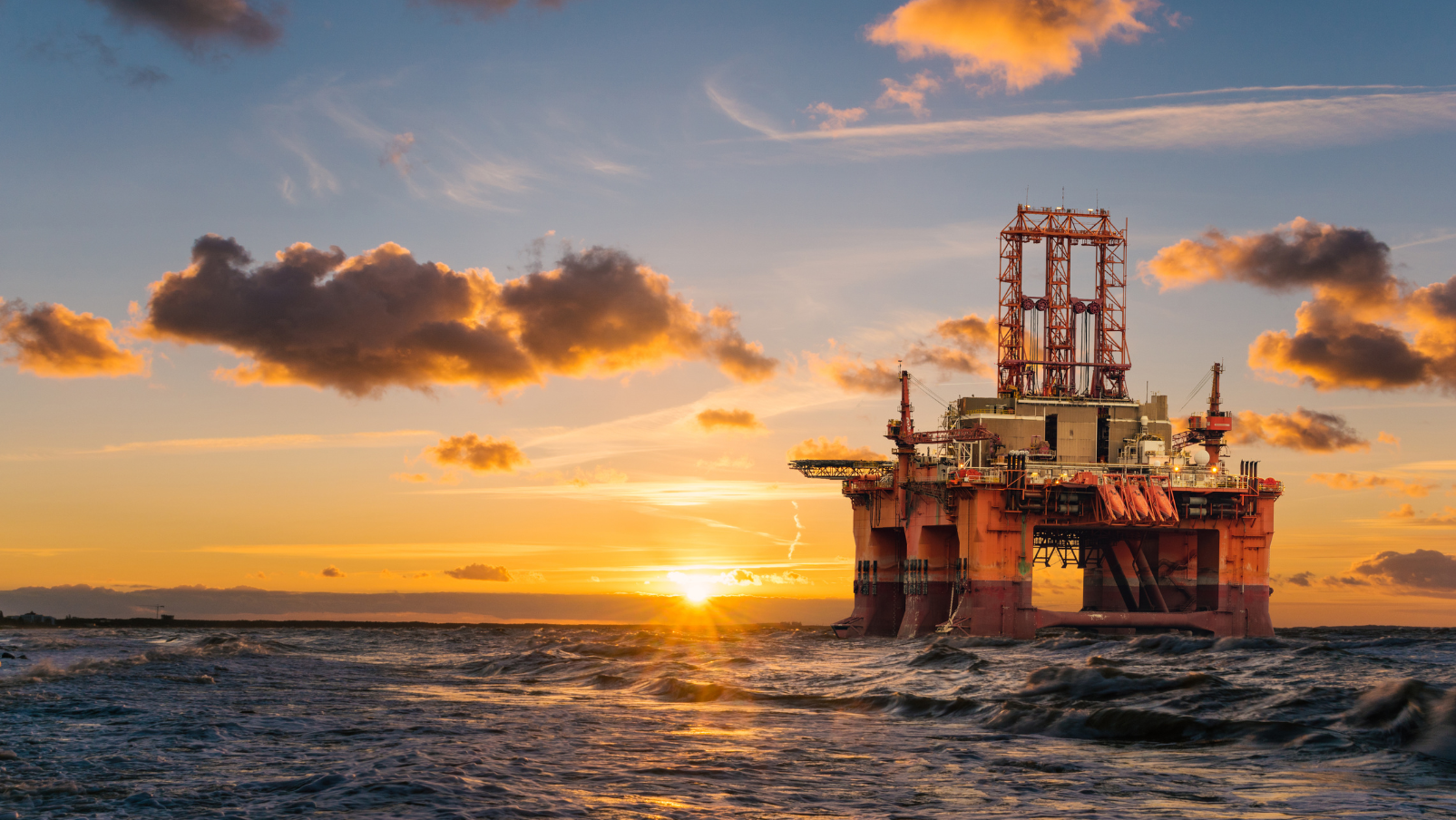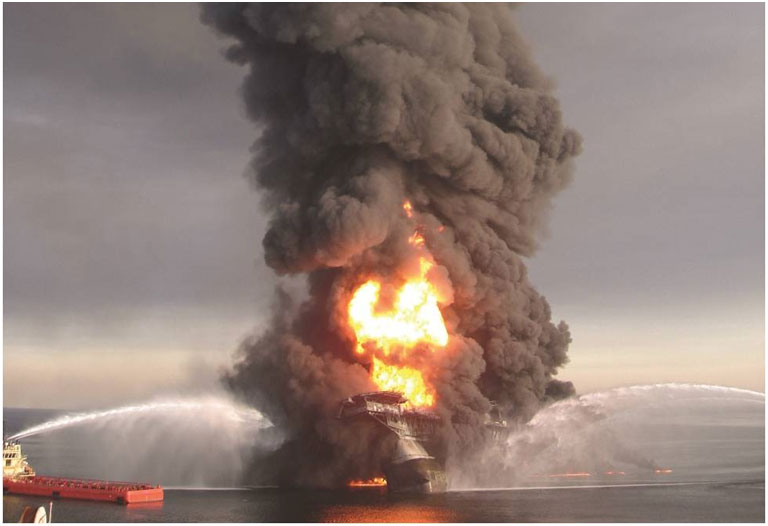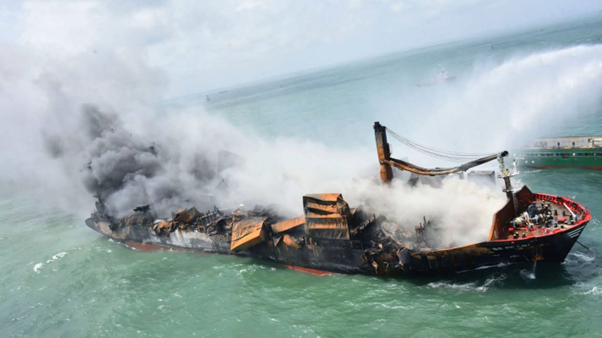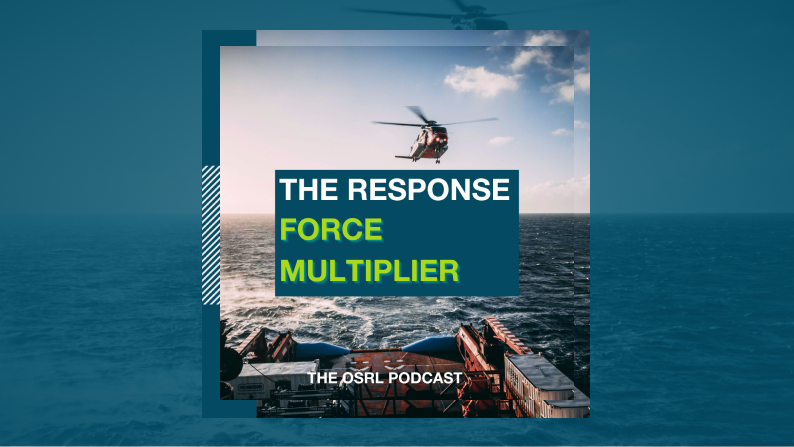Covid-19: Response Challenges and Solutions
With any response, technology and politics can overcome many obstacles. Ultimately success, however it is measured, comes down to people: individuals who understand the risks, are well cared for both physically and mentally, and are well supported to make a bad situation better than it otherwise would be.
The recent spike in the incidence of maritime incidents is a cause for concern
There are already some worrying trends regarding maritime incidents emerging in the “new-normal”. The recession in the international travel industry and low demand for shipborne freight has compounded the misery for many merchant navy seafarers across the world. Many are stuck onboard stationary ships or otherwise cannot get relieved or repatriated at the end of a long voyage. Disgruntled seafarers may lead to unsafe marine operations, cut corners and other potential consequences of neglect of duty. This summer saw a spike in the incidence of maritime accidents involving oil pollution. It’s too soon to make assumptions or draw correlations as to the cause of these events, not least because each incident remains under investigation, but even so there is cause for concern.
There is an increasing risk of a high consequence event occurring during the pandemic
Risk is a product of likelihood and consequence. There are many existing models to help planners model a range of different outcomes. Consider a spectrum from small operational mishaps that occur in ports and harbours to catastrophic loss-of-well-control events that require collective capability from both government and the international oil industry. Whilst the latter high-consequence scenario is reassuringly infrequent, it is clear that the pandemic currently gripping the world is likely to be with us for some time until a vaccine is available or living with COVID-19 becomes the norm. Given these timeframes the likelihood of a high consequence event occurring during the current pandemic (or the next one) is likely to increase.
When responding to an oil spill, people make the difference
Equipment and technology have their place but may be of limited use in a dynamic marine environment, and the industry is not yet at the place where the equipment can self-deploy. Moreover, a successful response is dependent on having well-trained people who are organised and working to a common plan. It always comes down to people, often from a wide range of different organisations, working together within a robust organisational structure that is needed to coordinate a wide range of collective efforts, striving to achieve common goals. The Deepwater Horizon incident (Gulf of Mexico, 2010) illustrates this point. This spill response was the most significant mobilisation of personnel and equipment since the Second World War. The response pulled large volumes of specialised oil spill combatting equipment from across the globe. But it was the people; nearly 50,000 in the field and 9,000 in the Command Centres during the peak of the incident that made the difference.
There is a myriad of factors to consider when coordinating a responder-dependent response during a pandemic
The principles of multi-agency incident management are already well established. A simple management structure with a single (or unified) command that set common objectives within a framework that is scalable to the demands of the response. Also, strict adherence to “span-of-control” with everyone using the same technical language and following a cyclical “battle rhythm” of planning, implementing, reviewing and adjusting to the evolving needs of the response. These essential features of an Incident Management System are well ingrained in oil spill preparedness and response circles. They were critical to the success of the Deepwater Horizon incident, which impacted five US states, required three command posts and an unprecedented international response from government and industry. But how can such a responder-dependant response be mobilised during a global pandemic? There is a myriad of complicating factors that require a re-think on how to conduct an effective response in this situation:
- Restrictions that limit or prevent the movement of experts to the incident country/area:
- Authority imposed lockdown restrictions
- Restricted availability of commercial transport
- Individuals unwilling to travel for personal reasons
- Quarantine requirements that delay deployment (and repatriation)
- Virus testing regime for responders and command centre personnel
- Virus transmission mitigation measures in the command centre and the field
- Demands of social distancing upon responders (near-shore, offshore and onshore)
- Significant additional PPE requirement (both to prevent contact with oil and the virus)
Already this year glimpses of the additional complications such a scenario would present are evident. However, there are also opportunities to overcome these issues by adapting traditional response models to apply to new ways of working. All aspects of oil spill response break down into two fundamental activities: firstly, physical activity (essentially in-field response either in the air, on or below the sea surface, on the shoreline or land) and secondly, virtual activity (i.e. those command and control aspects of spill management that lend themselves to the now-ubiquitous virtual communication platforms).
What makes response difficult?
Response to any environmental emergency can be a high-pressured and psychologically stressful situation before being compounded by other pandemic-related stress factors.
Looking at where response takes place can be further broken down into three theatres of activity:
- Incident Command Centre: The typical operational cycle of planning, implementing, reviewing and adjusting lend themselves to virtual technology. The likes of Zoom, Microsoft Teams and other internet-based communication platforms facilitate group meetings, break-out discussions, white-boards and file-sharing, but how far can this go?
Technology enables the virtual bringing-together of experts from around the world to coordinate a response. At a stroke, this removes all the complications of international travel, quarantine restrictions, the risk of infection-spreading and the burdensome social distancing requirements that a physical command centre demands. There are advantages too in that it minimises time lost to international travel or physical facility set-up which should theoretically enable a quicker and ultimately more effective response. The trade-off is that a remote response may be additionally stressful if trying to juggle other priorities amid the blurred boundaries of virtual working, and especially so if there is a significant time difference between the virtual command centre team and the field response. - At-sea response from vessels and aircraft: Within the marine and aviation communities, protocols that enable aircraft to fly and vessels to ply their trade following appropriate risk-mitigation measures to protect the crew are already well developed.
It follows, therefore that aircraft and vessels can be deployed to undertake oil spill countermeasures from the air and the sea as would be deemed normal operations in the context of spill response. Control and coordination of such assets would come from the (virtual) command centre based upon the information distilled from the Situational Awareness unit. - Shoreline assessment (and clean up): This is perhaps the trickiest part of the puzzle as it cannot be done remotely or virtually and often requires many individuals working in proximity. For safety reasons assessment teams need to work in the field, in pairs or small groups as the impacts, or potential impacts on a wide variety of different shoreline types are observed and documented. The challenges of social distancing are all too evident. Despite this, health and safety should override operational challenges (reference IOGP/IPIECA Good Practice Guide Responder Health and Safety).
Technology may help, for example, the use of drones and Unmanned Aerial Vehicles can be beneficial in recording macro-scale visual data. However, it is more difficult to assess the granular, multi-sensual level of detail usually only gained from having “boots on the ground”. When physical shoreline treatment is necessary, further measures will be needed to mitigate the risks posed to responders and clean-up squads.
In all scenarios, thought and care relating to the welfare of the air-crews, vessel crews and responders is necessary. And of course, it’s not just the responders themselves but the impact of the health crisis on their families and loved ones that can exacerbate a responder’s ability to work safely and effectively.
A friend in need is a friend indeed: Mutual Aid matters
Travel restrictions (imposed or lack of availability) together with quarantine requirements may be the biggest problem to moving key response personnel into and out of a response location. One solution is to make use of existing templates that enable oil companies to share critical personnel and resources under the principle of mutual aid. Developed in the wake of the Deepwater Horizon incident, these template agreements are now being revisited with renewed enthusiasm as a potential key-enabler in a pandemic scenario.
To consider an example, if Company A and Company B both have operations in Country X, there will likely be locally based emergency management personnel in both companies.
If Company A is required to mount a response and set up a Command Centre, template arrangements already exist that could enable personnel from B to support the effort, potentially negating the need to bring in expertise from outside of Country X.
A successful response ultimately comes down to people
The response community are a resourceful bunch and are adapting their protocols and procedures to enable Covid safe and secure response activities during the pandemic. Similarly, companies are revisiting their plans and procedures. Many are undertaking exercises with responder organisations to test the collective ability to respond to both the physical and virtual aspects of running a response.
Undoubtedly there will be additional challenges around travel and logistics (i.e. moving and maintaining people and equipment). Indeed, during the global lockdown of April and May 2020, commercial aircraft flights were down by about 90% on average volumes. Commercial passenger aircraft hold a vast amount of cargo freight. This reduction had a dramatic knock-on effect on the availability of dedicated freight aircraft as organisations moving essential goods and PPE around the world quickly snapped up many aircraft that were available.
Governments can help overcome such barriers. The declaration of a National Emergency and the commandeering of military capability can circumvent a logistical impasse. In June this year, the International Maritime Organisation (IMO) and IPIECA (the global oil industry association) produced a joint communiqué to Member States. The purpose was to encourage additional spill preparedness measures to enable international response efforts, despite potential pandemic lockdown restrictions on the movement of people and equipment.
It’s worth reflecting here back to the Deepwater Horizon incident again, to consider how such unprecedented mobilisation and response would need to be modified to apply in world where local-lockdown, social distancing, travel restrictions and PPE requirements are becoming pre-requisites of our new frame of reference. New remotely operated technology will play a key role in the next large response. Furthermore, the experience that OSRL and other response organisations are now gaining through exercises designed to validate capability that is constrained by the new operating environment will be invaluable. Nevertheless, there will always be new challenges that we haven’t yet thought of so we must keep climbing that mountain.
The Covid-19 pandemic may not directly cause oil spills, it is having a negative impact not only on the likelihood but also the consequences should one occur. With any response, technology and political will can overcome many obstacles. Ultimately success, however it is measured, comes down to people: individuals who understand the risks, are well cared for both physically and mentally, and are well supported to make a bad situation better than it otherwise would be.
We've got you covered!
Wherever in the supply chain your oil spill risks lie, we are ready to respond with our expertise and resources anytime, anywhere with our Member Response services.









